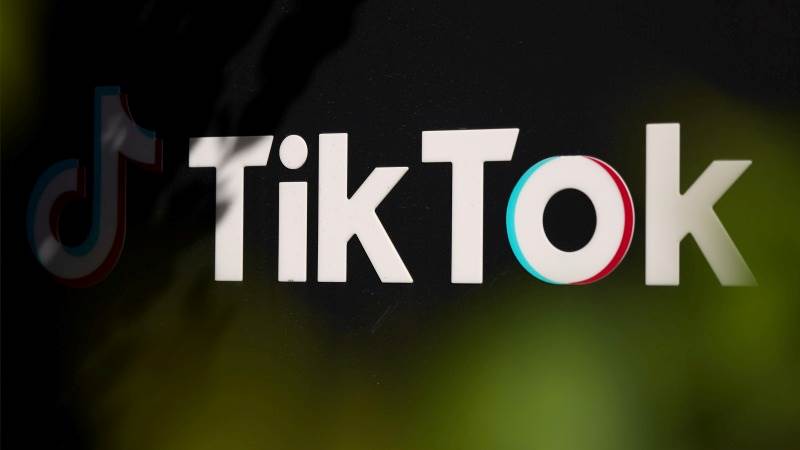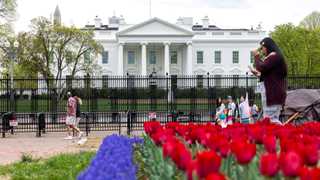In September 2017, ByteDance Ltd. launched its most popular social media platform, TikTok. The application soon became viral, taking the world by storm and challenging giants such as Facebook and Twitter (now known as X), with millions of people signing up to become users. After being the most downloaded app for three years straight, TikTok came in second in 2023, with 654 million downloads, right behind Instagram, which was downloaded 696 million times, according to Appfigures data.
As in other parts of the world, TikTok enjoys great popularity in the United States. A survey conducted by the Pew Research Center showed that the number of users on the platform is increasing "rapidly, with the site claiming the largest jump in users between 2021 in 2023 compared to any other social media platform." However, given that its parent company is based in China, and the growing tensions between Washington and Beijing, TikTok became the target of great scrutiny among US lawmakers and intelligence services.
A number of country officials have been pushing for the app to be banned. Many have cited concerns of China potentially using TikTok to steal data from around 170 million American citizens and control software on devices, as well as to potentially meddle in the 2024 presidential elections as the main reasons for this, underlining that these pose a huge threat to national security. US President Joe Biden has also been vocal about the issue and in favor of the ban. In February 2023, the Biden administration directed federal agencies to remove access to the app from federal devices.
On the other hand, ex-US President Donald Trump, who also previously wanted to bar the app, has recently changed his tune and is now advocating for TikTok, saying that should the platform be banned, this would give Meta Platforms Inc.’s products an upper hand in the market. “Without TikTok, you can make Facebook bigger, and I consider Facebook to be an enemy of the people,” he told CNBC in an interview. In addition, other individuals supporting the app expressed their concerns over how the move might affect the US economy, as well as free-speech rights.
Even though TikTok CEO Shou Zi Chew testified in front of Congress, in an effort to ease the lawmakers' worries, it came to no avail. The legislation to ban the platform unless ByteDance sells its stake was put on the voting podium in the House of Representatives and passed on March 13. It now awaits the voting in the Senate. Biden previously commented that should Congress pass the bill, he would sign it into law. Certain offers from US investors to buy ByteDance’s stake already seem to be on the horizon. Meanwhile, China has been negating the rumors surrounding the topic, underlining that Washington “has never found any evidence of TikTok posing a threat to US national security.”




